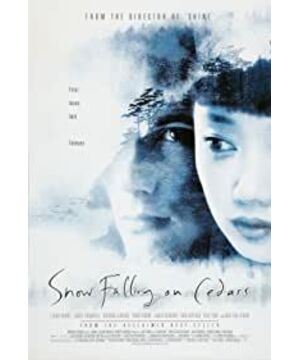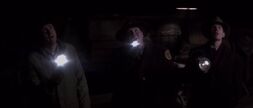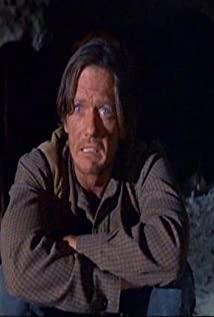※ ※ Warning: The following contains the plot description of the film ※ ※
The film is a flashback story, Ishmael played by Ethan Hawke (haha, it is him again) is a reporter who lost his arm in World War II and meets his first love Japanese-American while interviewing in court. The woman Hatsue, who turned out to be her husband, was charged with murder for money. At the time when World War II had just ended, Americans had a deep prejudice against the Japanese, and many doubts were not answered because the suspect had been found guilty. During the trial, Ishmael recalled the story of their first love. During the war, Hatsue was sent to a concentration camp for being of Japanese descent. At the same time, Ishmael was also called up to the army, and the two separated. At the end of the war, Ishmael lost his arm and Hatsue was married. Ishmael saw a lot of doubts in the gallery, and finally suppressed his selfishness. He visited many places and found new evidence to release Hatsue's husband.
The cinematography of the film is excellent, and it was nominated for an Oscar for Best Cinematography. The dim light and shadow of the courtroom scene that deals with the "reality", the thick dawn fog at the murder scene, the blizzard outside the courtroom is unbearably low; the camera turns, the memory of the woods, the strawberry field, the sun and the shower on the beach, make people feel As if living in a colorful world...
The film reminds me of being in a foreign country: interracial romance and wartime allegiance issues. The difficulty brought out by interracial love is only lightly brought up in the movie, probably because the first love between the two ended at the age of seventeen or eighteen. The conflict between culture and tradition is not obvious between the two, but Hatsue's parents told their daughter not to. Too close with "White Boy". The issue of allegiance during the war is actually the main thread of the film. Although the Japanese in the film have been naturalized in the United States, or even born in the United States, once the United States and Japan go to war, they will still be regarded as enemies due to their differences in race. The irony is that Hatsue's husband joined the U.S. military and fought against Japan during the war, but after returning to the United States, he was almost convicted of being wronged because of his Japanese blood. At that time, after the show, I kept thinking, as a minority here, would it be possible to encounter such a thing one day?
http://www.neterrain.com/cosine_inn/2004/11/snow_falling_on.html
View more about Snow Falling on Cedars reviews











